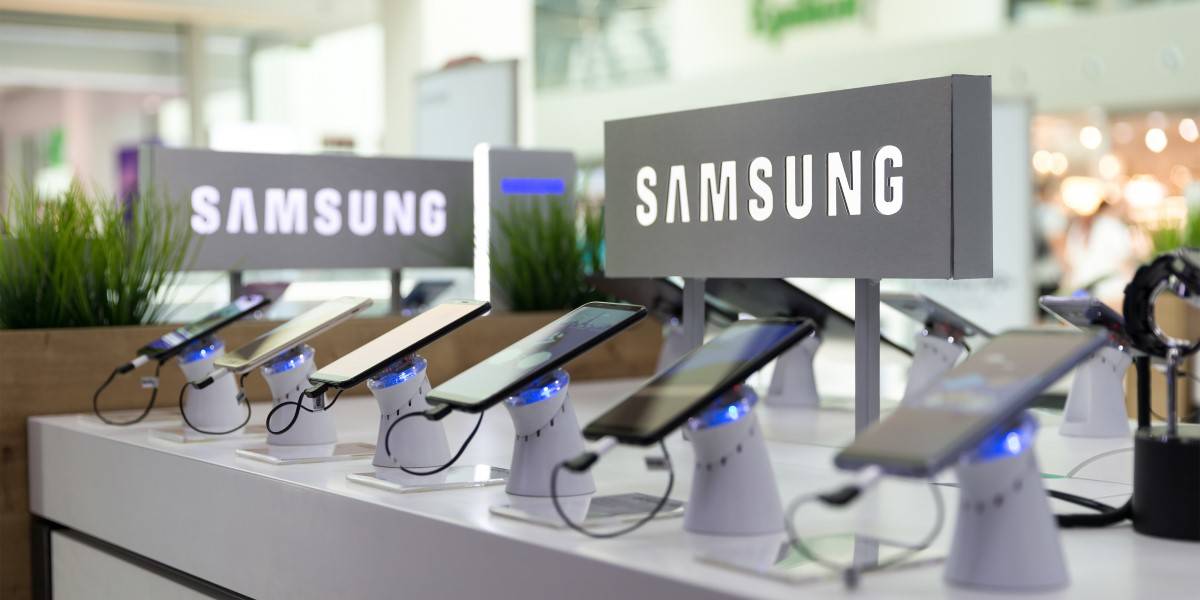Samsung And Pals Hyundai, Kia Team For Software-defined Cars, IoT Integration

Samsung and fellow South Korean giants Kia and Hyundai have struck up an IoT alliance that will see cars drive home appliances, and smartphones control some operations inside cars.
Signed in Seoul today, a "strategic technology partnership agreement" between the three will integrate Samsung's SmartThings IoT platform with future infotainment systems that automakers Hyundai and Kia develop for their cars.
Samsung says the deal will mean Galaxy smartphones will be able to control in-car aircon or access info about matters like a car's remaining range.
The many-faceted giant has also teased the possibility of using its phones to advance "software-defined vehicles" – cars with software that's reconfigurable by users – and "integration with smart apartment solutions."
"Vehicles can also be added to the connected SmartThings ecosystem, allowing users to return to a home with optimized conditions by controlling their Samsung air conditioners, air purifiers or other connected devices while driving home," Samsung stated.
This is where things get interesting. Samsung makes lots of connected appliances – including fridges and ovens with internal cameras that allow remote viewing of whatever's inside, clothes washers, air conditioners, and more.
Samsung allows access to those appliances with the SmartThings app it bakes into most of its Galaxy handsets – which, as analyst firm Counterpoint recently found, lead the world with around 20 percent market share.
Hyundai and Kia are the world's third-most prolific carmakers, with the combined entities' output forecast to produce around 7.5 million vehicles this year alone. Once the automakers create their SmartThings-compliant infotainment units, Samsung is therefore going to have a presence in lots of cars and a home automation ecosystem that its main rival in the smartphone caper – Apple – can't match.
- TSMC, Samsung reportedly eye UAE's silicon fields for fab expansion
- Samsung faces strikes in India, amid reports of global layoffs
- The S in IoT stands for security. You'll never secure all the Things
- Samsung boosts bug bounty to a cool million for cracks of the Knox Vault subsystem
Apple does have its own HomeKit IoT app to control smart appliances, and that can link with third-party manufacturers' kit. Samsung looks to have a cleaner stack on the way – essentially pinching Apple's old trick of making everything itself.
But Samsung may also have to navigate some bumps with Google. The Korean giant is all-in on Android, which Google uses for its own in-car environment and home automation efforts. Teaming with Kia and Hyundai puts the big G in the back seat.
Consumers have also been promised the tie-up will mean SmartThings can handle "in-vehicle health monitoring via cameras and Galaxy devices" and even "pet care solutions that optimize vehicle environments for pets."
That's for the future. First feature off the starting lime line will be a "global location solution function for vehicles and smart keys" that taps Bluetooth radios in Galaxy devices to locate cars in case they're pinched, or drivers forget where they parked.
What a time to be alive. ®
From Chip War To Cloud War: The Next Frontier In Global Tech Competition
The global chip war, characterized by intense competition among nations and corporations for supremacy in semiconductor ... Read more
The High Stakes Of Tech Regulation: Security Risks And Market Dynamics
The influence of tech giants in the global economy continues to grow, raising crucial questions about how to balance sec... Read more
The Tyranny Of Instagram Interiors: Why It's Time To Break Free From Algorithm-Driven Aesthetics
Instagram has become a dominant force in shaping interior design trends, offering a seemingly endless stream of inspirat... Read more
The Data Crunch In AI: Strategies For Sustainability
Exploring solutions to the imminent exhaustion of internet data for AI training.As the artificial intelligence (AI) indu... Read more
Google Abandons Four-Year Effort To Remove Cookies From Chrome Browser
After four years of dedicated effort, Google has decided to abandon its plan to remove third-party cookies from its Chro... Read more
LinkedIn Embraces AI And Gamification To Drive User Engagement And Revenue
In an effort to tackle slowing revenue growth and enhance user engagement, LinkedIn is turning to artificial intelligenc... Read more

